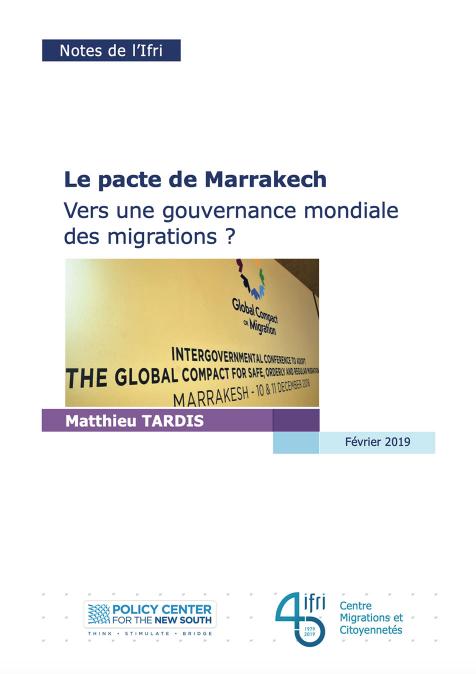Podcasts
Culture in the Digital Age
Related topics:
Social media has revolutionized access to culture, making previously inaccessible art forms, such as opera or theater, more widely available. While traditional methods of cultivating culture—like reading books or attending performances—offer irreplaceable experiences, digital tools have democratized cultural engagement. The challenge lies in striking a balance: embracing technology's inclusivity while ensuring the younger generation develops the cognitive and emotional skills fostered by traditional cultural experiences. Efforts should focus on revitalizing canonical texts and art forms to appeal to modern audiences, blending academic rigor with imaginative adaptations that speak to contemporary concerns. Cultural preservation and evolution are both essential.






